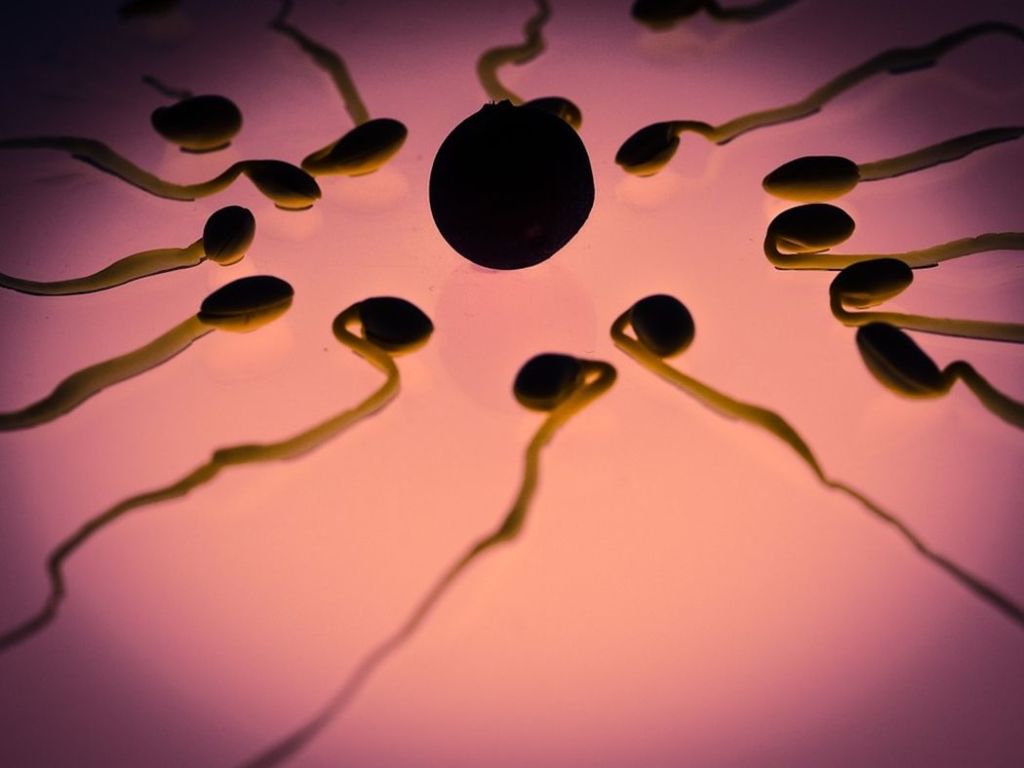Beware Sperm: P.S. Case out of Fort Worth
By Christine Henry Andresen
Contributor: Scott A. Thompson
Texans who wish to use known sperm donors in getting their own babies made now need to be even more cautious. Recently, an appellate court opinion out of Fort Worth found that a man who donated his sperm to his lesbian friend was the child’s legal father because a physician intermediary was not used.
The case—In re P.S.—involved a lesbian woman and her male friend who decided to make a baby without a doctor. They used sterile cups and syringes to collect and deliver sperm, which resulted in the conception of a child. No. 02-16-00008-CV, 2016 Tex. App. LEXIS 11657, at *1 (Tex. App.–Fort Worth [2nd Dist.] Oct. 27, 2016).
The man played an active role in his friend’s pregnancy and the child’s birth. See id. at *2. He also signed both an acknowledgement of paternity and the birth certificate. See id. Around one month after the child’s birth, the mother married her girlfriend and sought to deny the man’s parental rights by rescinding the acknowledgment of paternity and requesting that the man voluntarily relinquish his parental rights. See id. at *3. He refused. See id.
The central question before the Fort Worth court was whether the man was the child’s father. The answer turned on whether or not he was considered a “sperm donor” under the Texas Family Code.
The rule is that sperm donors are not parents. See Texas Family Code § 160.702. If the man was a “sperm donor,” then he was not a parent. However, “sperm donor” is narrowly defined as “an individual who provides … sperm to a licensed physician to be used for assisted reproduction.” See id. at § 160.102(6) (emphasis added).
The Fort Worth court ruled that the man was not a sperm donor because a “licensed physician” was not involved in the process. See In re P.S., 2016 Tex. App. LEXIS 11657, at *6. This meant also that the man could be named a parent. See id.
One possible reading of this case is that a sperm donor is a parent unless a licensed physician is used. However, it is also possible to construe this case as the most recent in a line of three cases in which a Texas appellate court deferred to the agreement of the parties at the time of the conception of the child in determining a known sperm donor’s standing to assert parental rights. See In re H.C.S., 219 S.W.3d 33, 35-36 (Tex.App.–San Antonio 2006, no pet.); In re Sullivan, 157 S.W.3d 911, 919 (Tex.App.–Houston [14th Dist.] 2005, orig. proceeding). Both of these Texas cases indicate that the parties’ agreement at the time of the donation—before conception—guides the courts in determining parental rights.
In the case of In re Sullivan, the Houston appellate court found standing in a parentage case for a donor who signed a detailed legal agreement before insemination and conception, giving him possessory conservatorship with any child resulting of the assisted reproductive technology (ART) procedure. See 157 S.W.3d at 912-913, 919. The Court of Appeals out of San Antonio found the opposite, that a donor lacked standing; however in this case there was only a disputed oral agreement between the parties concerning parental rights prior to the ART. See In re H.C.S., 219 S.W.3d at 34, 36.
These earlier cases, as well as the In re P.S. case out of Fort Worth, stand for the proposition that appellate courts consistently defer to pre-ART agreements between parties. If that trend holds up, then a knowledgeable ART attorney could draft a Known Sperm Donor Agreement that potentially holds up to confirm that a donor is a mere donor and not a parent, even without a physician intermediary or later termination of the donor’s rights, if any. However, to rely on an agreement alone would be quite risky in light of In re P.S.
There are steps that can mitigate or eliminate risk no matter your situation. Under the existing statute and case law, using a written agreement confirming donor rather than parental status, plus using a physician intermediary all but eliminates risk that a donor would be found to be a legal parent.
For those who prefer a home insemination, using a written agreement confirming donor rather than parental status mitigates risk to at least some small extent. And that risk can later be eliminated so long as a court order containing a termination of parental rights of the donor is completed. Such an order is often done anyway as part of a lesbian same-sex second-parent adoption and in certain other types of parentage situations.
The single moms by choice and parents in opposite sex couples generally do physician inseminations when using donor sperm. But those who want a home insemination of known donor sperm should consult with an ART attorney about a termination of parental rights of the donor even if they are not needing any sort of an adoption as part of the process.
As with many ART legal issues, the law generally lags about at least a quarter century behind the technology and behavior of people making babies through ART. We may at some point begin to see cases holding that a donor is a mere donor, and not a parent—even without a physician intermediary or later termination of rights—based upon a well-drafted Known Sperm Donor Agreement by a knowledgeable ART attorney.






